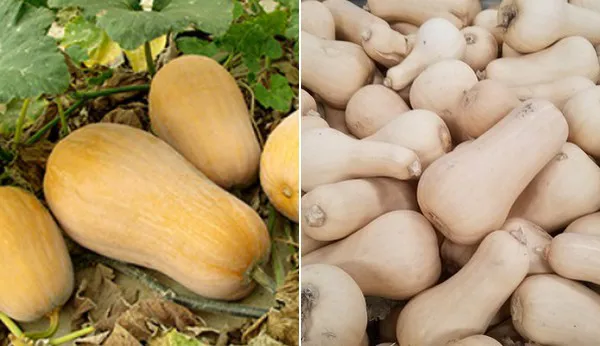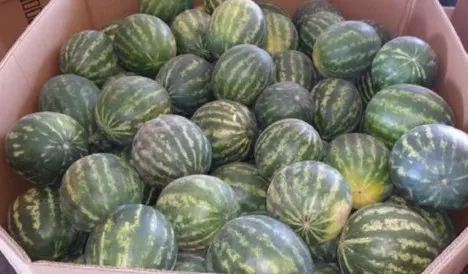With some seeds already being dropped for the July 4th watermelon pull, right now supplies are steady on winter watermelons. “They’re expensive but that’s how they normally are at this time of year,” says Dennis Peterson of Riverbend Fresh LLC. Currently, watermelons are coming from Mexico and will continue to be until late May when production transitions over to California and Arizona.

Also in Mexico, production of hard squash continues on butternut, spaghetti, acorn and kabocha squash and production will stay there until the earliest California squash starts up in the El Centro region, also in late May. (Then June on the Central West side of the California Valley). “There are shorter supplies than we’ve seen in a long time due to a few crop issues in Mexico, weather-related--both cold and wet. There are also lighter plantings on top of that. The market is as high as I’ve ever seen it,” says Peterson. “It’s similar to every commodity in this industry this season--it seems to be planted lighter. It started from summer onwards.”
Spring expectations
However, the question on both commodities for 2023 is: what will spring bring? So far, it’s mixed reports. “Some are the same, some are not going to have organic melons, one person was up in planting. One thing is for sure--with the fact that the market was decent last year on melons and squash, I think that we’ll see a little more planting. However I don’t think anyone’s going to get crazy,” he says.

After all, still-high input costs and general economic uncertainty seem to be keeping growers from overplanting. (Peterson says squash particularly is an easy item to overplant because it’s more cost-efficient to grow than other items.) “So that’s the reality on one hand. On the other, the market is good and they want to plant more.”
 For more information:
For more information:
Dennis Peterson
Riverbend Fresh LLC.
Tel: +1 (559) 846-3320
[email protected]
http://riverbendfresh.com/
